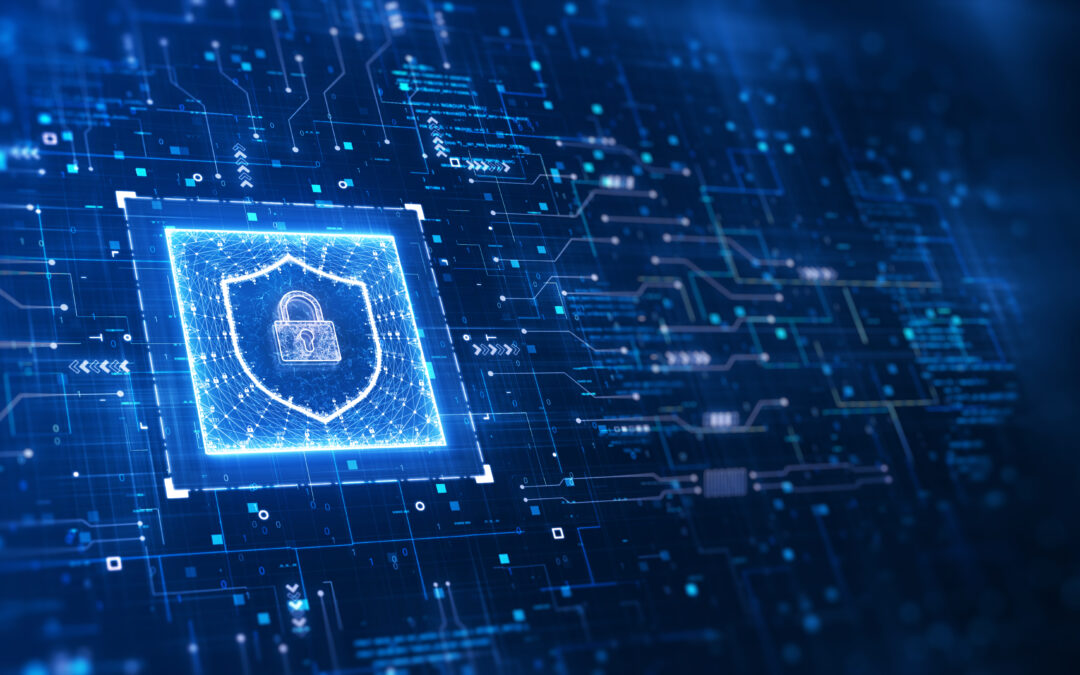Social media has become an integral part of our lives, allowing us to connect with friends, family, and even strangers from around the world. However, with the increasing use of social media comes the risk of cyber threats and privacy breaches. To protect yourself and your personal information, it’s crucial to take steps to improve your social media security.
1. Use Strong, Unique Passwords
One of the most effective ways to enhance your social media security is by using strong, unique passwords for each platform. Avoid using easily guessable information like birthdays or common words. Try to create passwords that include a combination of letters, numbers, and special characters. You can also use a password manager to help you generate and store your passwords securely.
2. Enable Two-Factor Authentication (2FA)
Two-factor authentication adds an extra layer of security to your social media accounts. When enabled, it requires you to provide a second verification step, such as a one-time code sent to your mobile device, in addition to your password. This makes it much more difficult for hackers to access your accounts, even if they have your password.
3. Regularly Update Your Privacy Settings
Most social media platforms offer privacy settings that allow you to control who can see your posts, photos, and personal information. Review and update these settings regularly to ensure your content is only visible to the people you trust. Limit the amount of personal information you share publicly.
4. Be Cautious with Friend and Follower Requests
It’s important to remember that not everyone on social media has good intentions. Be selective about accepting friend or follower requests. Verify the profiles of unfamiliar individuals before connecting with them, this helps prevent fake profiles and scams from hitting your page.
5. Educate Yourself about Phishing Scams
Phishing scams are designed to trick you into revealing sensitive information, such as login credentials. Be cautious of messages or emails requesting personal information or urging you to click on links.
6. Regularly Review App Permissions
Over time, you may grant various apps access to your social media accounts. Review these permissions periodically and remove access for any apps you no longer use or trust.
7. Avoid Sharing Personal Information
Avoid oversharing personal information on your social media profiles. Information like your full address, phone number, and financial details should never be made public. Cybercriminals can use this information for identity theft or other malicious purposes.
8. Watch Out for Geotagging
Geotagging can be a fun way to share your location with friends, but it can also expose you to potential security risks. Be cautious about geotagging your exact location, especially when posting from your home or workplace. Cybercriminals can use this information to track your movements.
9. Regularly Update Your Apps
Social media apps frequently release updates that often include security patches. Make sure you regularly update your apps to ensure you have the latest security features and bug fixes.
10. Monitor Your Account Activity
Always keep an eye on your social media account and its activity. Check for unusual login attempts or suspicious activity. Many platforms provide notification alerts for suspicious logins, making it easier to catch unauthorized access early.
Improving your social media security is crucial in today’s digital age. If you have questions about how you can best evaluate your current social media security, the team at NuMedia is a trusted resource.

